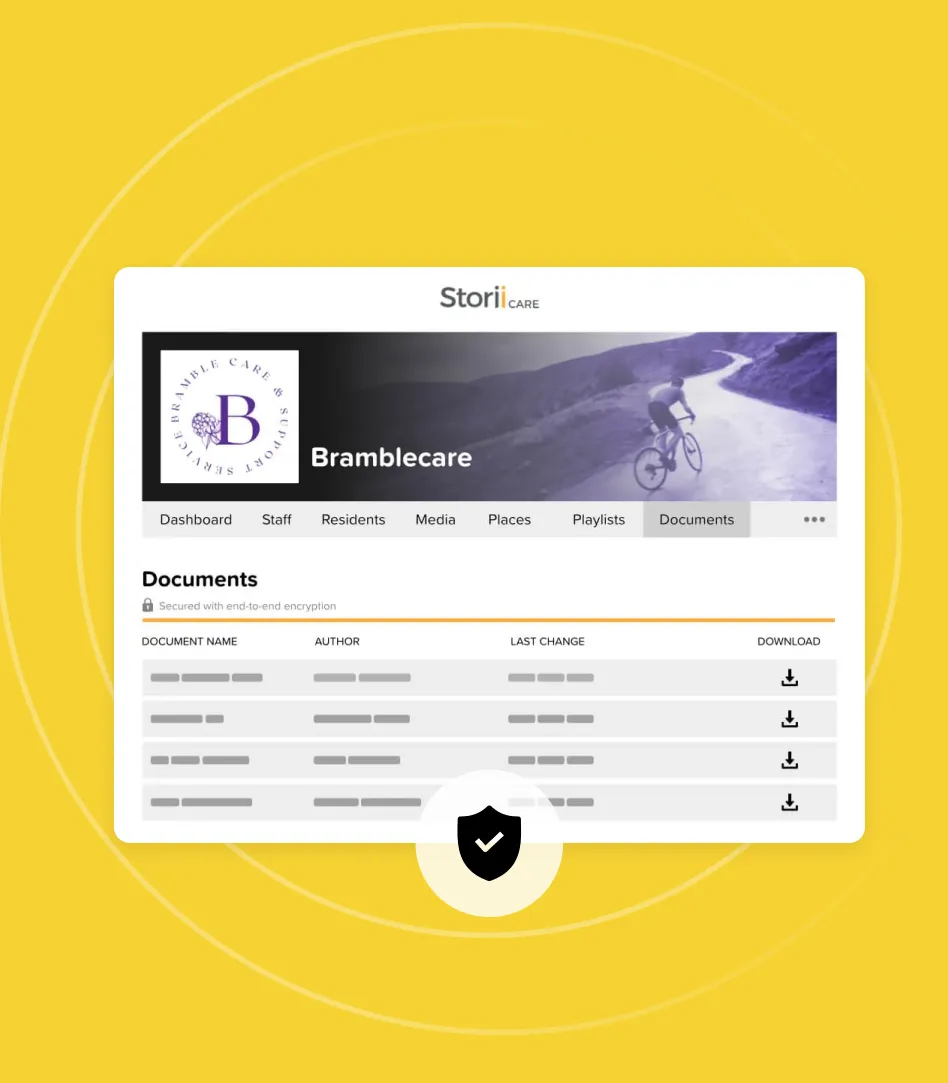When our Founder and CEO Cameron Graham witnessed the positive impact of using photographs to spark memories for someone with dementia, it ignited the idea for StoriiCare. Throughout the development process, the core elements were so that people who care for someone with dementia could store and view photographs and music playlists which would help to support life story and reminiscence therapy work.
Why is life story work so important?
Sometimes in the care sector, it can be challenging when new ways of working are introduced. It can feel like new ways to make the job more complicated, or simply like a new paperwork exercise. In these instances, often the WHY behind the WHAT can get lost.
A brief explanation of the “What”
In short, life story work is a term for the collation of thoughts, memories, feelings, and reflections on someone’s personal story. A life story may be developed into the form of a physical book with photographs, comments, momentos, and written stories, or may be much less tangible. The most important element, however, is not what is produced, but the processes involved in producing it, and how we use what we have learned.
Now for the “Why”
As Tom Kitwood, a pioneer in the field of dementia said: “As we go through life we build up a personal history with its unique mixture of joys and pleasures, sadness and pain. Our sense of who we are is linked to that history and if we lose that history, we lose something of ourselves. For a person with dementia who is losing their memory and trying most of the time to make sense of who they are, a life story book can be an atlas, the compass, the guide to finding their self.” (Tom Kitwood, 1992).Life story work offers an opportunity for a person with dementia to reconnect with their history and memories. It safeguards someone’s personal identity and maintains links with familiar people, helping to minimise isolation. Four of the greatest risks for older people with dementia are social isolation, boredom, feeling that they are being disregarded as an adult, or feeling that they are useless. As Tom Kitwood said, people with dementia often lose access to memories that help define them as a person. The research shows that what can remain for much longer is the ability to experience emotions that would have once been attached to those memories. Dementia may block someone’s ability to remember who a loved one is, but they are more likely to remember how you made them feel. Care staff benefit greatly from learning more about someone’s life story. It allows for a better insight into why an individual may feel confused or agitated at any given time. For example, understanding that someone was a passionate home cook in their earlier years may offer an explanation as to why they become frustrated or distressed when they are discouraged from entering the kitchen. The person may have been unable to verbalise this themselves, but a bit of detective work and help from loved ones may unearth explanations. Not only can we now be more empathetic towards the person, but we can now think about how we can help that person to engage in activities that tap into those lifelong interests and passions. Perhaps the person could be supported to do some safe cooking work elsewhere in the home or involved in other activities which allow her to provide for others. In other words, the life story work process not only means a collection of nice, interesting information, but it can help foster creativity in the planning of person-centred care. From that, everybody benefits.StoriiCare offers a quick and easy way to record important moments and memories so that they can be stored, reviewed, and enjoyed easily by staff, the people they support, and their loved ones. To find out how StoriiCare could help your service to embed life story work into your care, contact us today.




.png)
.png)
.png)










